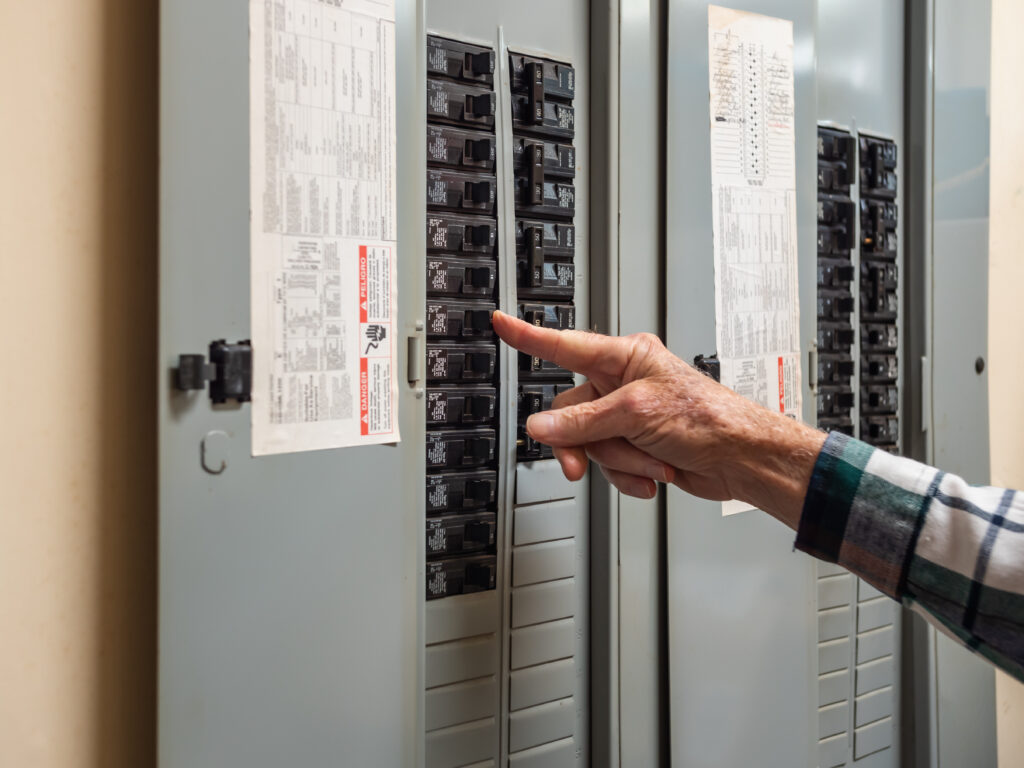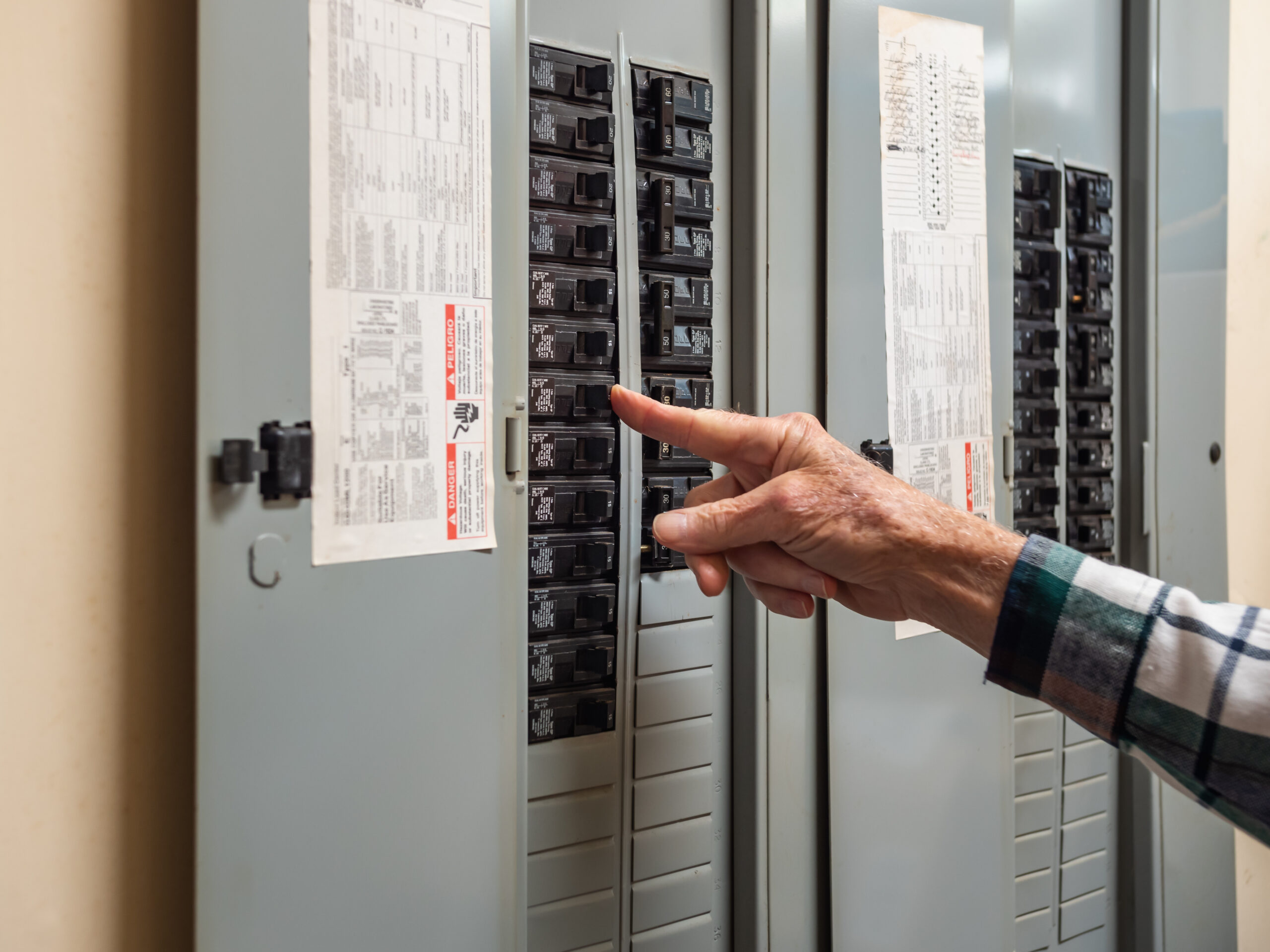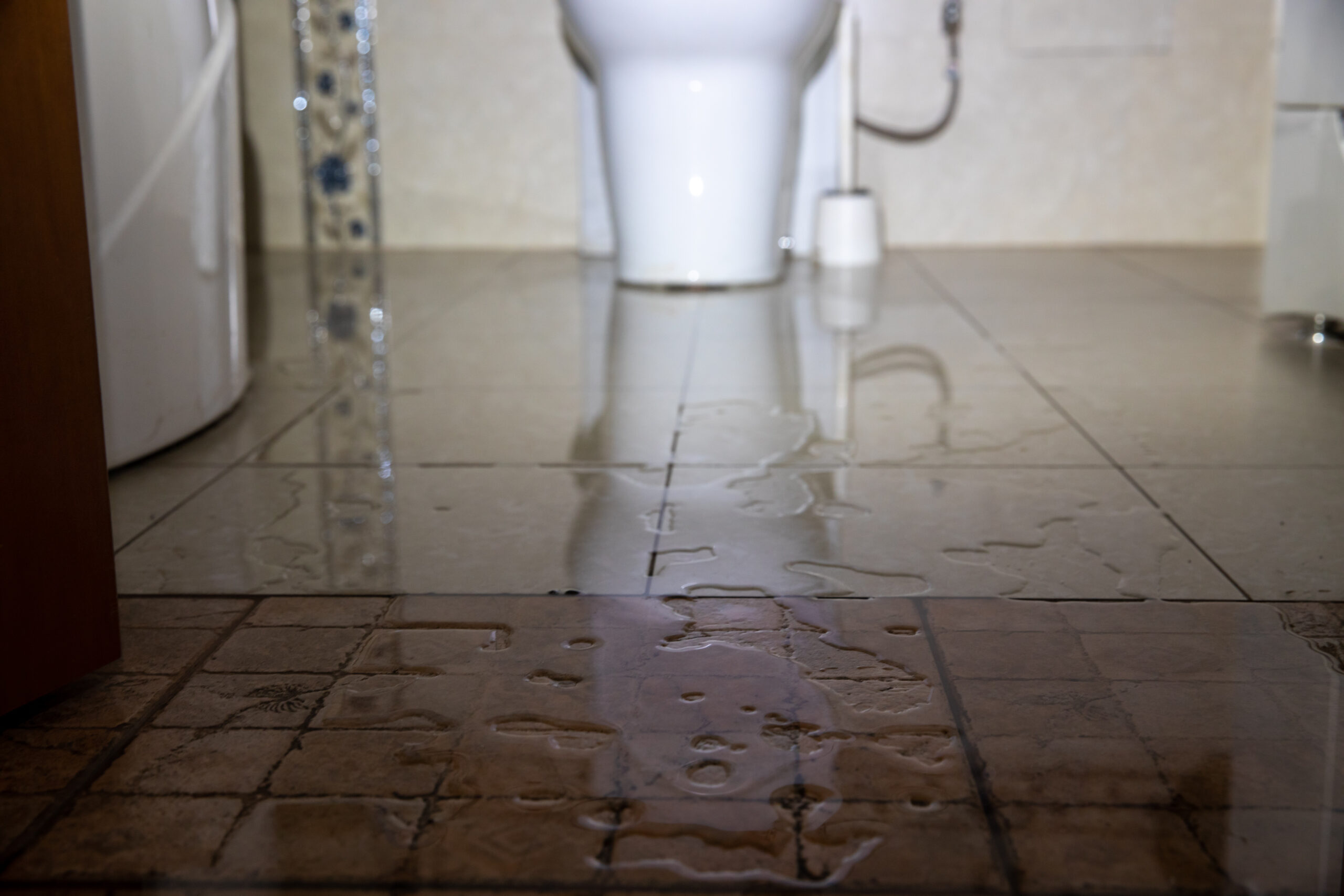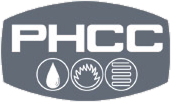
If your breaker keeps tripping when temperatures drop, you’re not alone—winter changes how your home uses electricity. In Central New Jersey (Princeton, West Windsor, Hamilton, Montgomery, and beyond), cold snaps often mean more space heaters, more cooking, and more devices running at the same time.
A breaker that trips is often doing its job—shutting off power to prevent overheating or damage. But if your breaker keeps tripping, it’s a message: your circuit may be overloaded, or there may be a wiring or equipment problem that needs attention. Overloaded electrical circuits are a major cause of residential fires, and “frequently tripped circuit breakers” are a warning sign.
Princeton Air helps homeowners across New Jersey diagnose tripping breakers and fix the underlying issue—whether that’s a simple circuit repair, a safer load plan, or an electrical panel solution.
Signs and Symptoms: When a Tripping Breaker is a Safety Concern
A single trip can happen. What matters is the pattern.
Call a licensed electrician promptly if you notice:
- Breaker trips repeatedly (daily/weekly), especially with normal use.
- Warm or discolored wall plates, flickering/dimming lights, or other overload warning signs.
- Buzzing sounds or burning smell near outlets, switches, or the panel. Princeton Air lists these as emergency warning signs.
- The breaker won’t reset or trips immediately after resetting (don’t keep forcing it).
Safety note: If you see sparking, smoke, or smell burning, treat it as an electrical emergency. Princeton Air offers emergency electrical services in NJ for urgent issues.
Why Breakers Trip More in Cold Weather
1) More plug-in heaters and high-wattage winter loads
Portable electric space heaters can pull a lot of power, and winter is when many homes use them. CPSC cautions consumers to use space heaters carefully and reports portable heaters were involved in an average of about 1,700 fires per year (2017–2019).
What to do: Avoid plugging high-wattage heaters into crowded circuits. If your breaker trips when the heater runs, that circuit may be overloaded.
2) Overloaded circuits in older NJ homes
Many Central NJ homes have older layouts where multiple rooms share one circuit. In winter, it’s easy to overload a circuit with a heater, hair dryer, toaster oven, or holiday lights on the same line. Frequent breaker trips are a warning sign of overload.
3) Moisture-related issues
Cold weather can increase condensation risk in some areas (basements, garages, exterior walls). Moisture can contribute to electrical problems that show up as trips, especially on circuits serving damp locations. (This is a common scenario, but the exact cause requires testing.)
4) Aging breakers or loose connections
Breakers and connections can wear over time. If one breaker trips more than others—especially without a clear “too many devices” reason—it’s worth a professional inspection. Princeton Air notes it repairs circuit breakers and panels as part of its electrical repair services.
What You Can Check Safely Before Calling a Pro
You don’t need to open the panel or remove covers to do a few basic checks:
- Write down what was running when the breaker tripped (space heater, microwave, dryer, etc.).
- Unplug or turn off a few devices on that circuit and try again once. If it stops tripping, overload is likely.
- Check for warm outlets or discoloration on wall plates (do not touch exposed metal). If you notice warmth or discoloration, stop using that outlet and call a pro.
- If a breaker trips again quickly or won’t reset, don’t keep trying—schedule electrical repair.
If your breaker keeps tripping more than once in a week, it’s worth getting it checked. Princeton Air can diagnose the cause and repair breakers, circuits, or panel issues.
Repair vs. Panel Upgrade: What’s Realistic?
When a repair is often enough
A repair may be the right step when:
- One circuit is overloaded and needs a safer load plan or an added dedicated circuit (common for heaters or kitchen loads).
- A breaker is failing or a connection needs correction.
When an electrical panel upgrade may be part of the solution
- If your home has a breaker that keeps tripping, power instability, or you’re adding more electrical demand over time, a panel upgrade may be recommended.
Princeton Air can inspect the system and explain options—repair versus upgrade—so you can make a decision based on what your home needs.
Cost Factors in NJ: What Drives the Price
Instead of a single “typical” number, here are the biggest cost drivers:
- How easy the problem is to access (simple breaker vs. hidden wiring).
- Whether it’s one circuit or multiple circuits (wider issue vs. isolated).
- Whether new dedicated circuits are needed to prevent overloads.
- If panel work is required (repair vs. upgrade).
- Permits/inspection steps may apply for certain electrical work.
When to Call a Professional in New Jersey
Call a licensed electrician if:
- The breaker keeps tripping repeatedly or won’t reset.
- You notice burning smells, buzzing, hot panels, or flickering/dimming lights. Princeton Air lists these as emergency warning signs.
- You’re relying on space heaters often and circuits can’t handle the load.
Princeton Air has decades of experience serving homeowners across New Jersey and offers both scheduled and emergency electrical repair.
If your breaker keeps tripping, the best next step is a targeted diagnosis—so you’re fixing the cause, not just resetting the switch.
Frequently Asked Questions
Why does my breaker keep tripping more in winter?
Your breaker may keep tripping more in winter because electrical demand often increases when more people are indoors and portable heaters are used more often. Frequently tripped breakers as a warning sign of overloaded circuits, and overloads are a major cause of residential fires.
Is it safe to keep resetting a breaker that trips?
It is not safe to keep resetting a breaker that trips repeatedly or won’t reset, even if a single trip can happen from a temporary overload. If the breaker trips again soon after you reset it, don’t keep forcing it—have a licensed electrician inspect the circuit.
What are the warning signs of an overloaded circuit?
The warning signs of an overloaded circuit include flickering or dimming lights, warm or discolored wall plates, and frequently tripped breakers. Constantly tripping breakers, buzzing sounds, and burning smells can be signs of an electrical emergency.
Could a space heater be causing my breaker to trip?
Yes, a space heater could be causing your breaker to trip because space heaters can add significant load to a circuit, especially in older homes where multiple rooms share one circuit. If the breaker trips whenever the heater runs, ask an electrician about safer options like a dedicated circuit or a safer load plan.
Do I need an electrical panel upgrade if breakers keep tripping?
You do not always need an electrical panel upgrade if breakers keep tripping. Sometimes it’s a single overloaded circuit or a failing breaker. However, tripping breakers can be one reason a panel upgrade may be necessary, especially as home electrical needs increase.
When should I call a professional electrician for a tripping breaker?
You should call a professional electrician for a tripping breaker if the breaker trips repeatedly, won’t reset, or you notice buzzing/burning smells, hot panels, or flickering lights.








